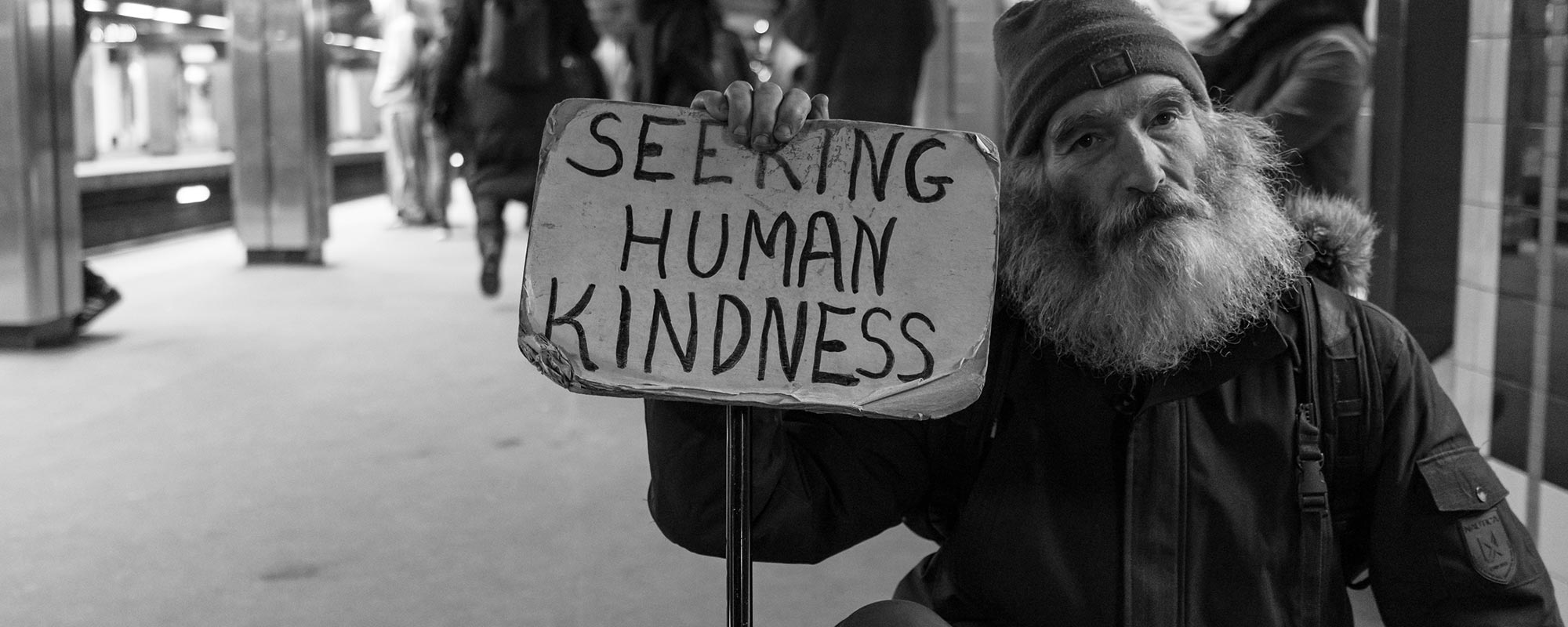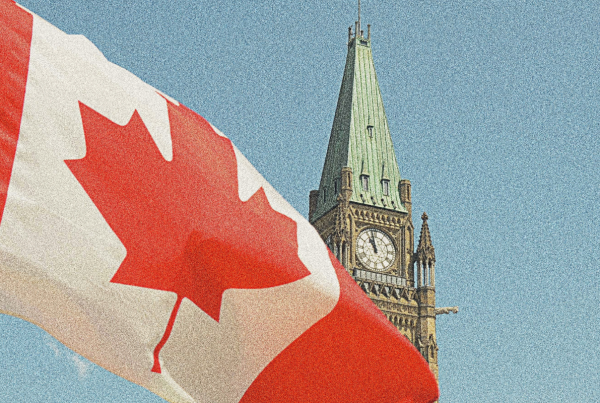March 29, 2020
Mayor John Tory
City of Toronto
100 Queen St W, Toronto, ON M5H 2N2
By Email: mayor_tory@toronto.ca
Dear Mayor and Council,
We are writing you about actions and omissions by the City of Toronto with respect to the public health conditions for Toronto’s homeless population. The crisis of homelessness in Toronto is decades old – and recent actions taken by the Province of Ontario and City of Toronto to address the novel corona virus have unfortunately made matters worse. The closure of many businesses, public works and facilities, combined with restrictions on outdoor activities and gatherings, have disproportionately affected the homeless population, limiting such relief as was formerly provided by private, charitable, and public sectors. Sheltered space consistent with public health standards, adequate sanitation, food security, public health screening and other health care services are necessities of life that are even more critical during this pandemic.
The overcrowded conditions in Toronto’s homeless facilities threaten not only the many vulnerable people who use these spaces, but also the shelters’ staff and volunteers, and the city’s broader neighbourhoods and communities. In addition, considering the vulnerable health status of the homeless population, with many elderly and immune-compromised individuals, a COVID-19 outbreak in a city homeless facility (including shelters, respite sites, and day drop-ins) could lead to numerous acute cases, which could place extreme strain on city hospitals and the healthcare system.
And yet solutions are possible and indeed being implemented in many other locations in Canada and around the world. Cities large and small across Canada including Calgary, Fredericton, Barrie and Cobourg, as well as those in the UK, New Zealand, and France are finding creative solutions to the COVID-19 and homelessness crisis. Authorities are making space available for homeless individuals in hotels, motels, office spaces, schools, and even the festival hall in Cannes. In San Francisco, 31 hotels are offering 8,500 vacant rooms to be leased by the city. Indeed California is considering not only leases but also the purchase of hotels as a potential permanent solution to homelessness. Closer to home, Peterborough Mayor Diane Therrien has named homelessness during the pandemic as a “serious issue” and a “top priority,” explaining that “It’s impossible to self-isolate when you don’t have your own space” or create social distancing “when you have 40 people in a room.”
We acknowledge the difficult tasks faced by city leadership and staff, and your immense hard work during this challenging time. And we recognize that the city of Toronto has reportedly taken several measures already to alleviate the homeless crisis during this pandemic, including efforts to prevent evictions, booking of hotel rooms for specific shelter users such as those who need to self-isolate, and opening of 8-10 new facilities with space for 350 more people. Sadly, this is insufficient at a time when everyone is being asked to stay indoors. Further, according to firsthand accounts, overcrowding in existing and new facilities persists – these too are overcrowded, and distancing in them is impossible. At this time, more immediate action is necessary, and we are calling on the City of Toronto to take the following steps with all possible urgency:
- To keep individuals and communities safe by making it possible for every person without a home to remain in appropriate 24/7 indoor space;
- To create and enforce directives to reduce overcrowding in homeless facilities, including limits to the number of people in each facility, and requiring a minimum 2 metres between and surrounding beds;
- To procure facilities that allow for real physical distancing – with one person or family in each unit – such as hotels, motels, and student residences.
- To proactively disclose to the public these directives, the city’s plan, and related statistics;
- To provide adequate personal protective equipment to homeless facility staff.
The extraordinary times we are in demand extraordinary measures. Prisons are finding discretionary means to alleviate their own over-crowding by releasing certain inmates who do not pose a risk to the public. The province recently announced that it was granted an order from Chief Justice Morawetz suspending the enforcement of orders evicting tenants from their homes (barring a court order), and that Tribunals Ontario will not be issuing new eviction orders at this time. In a March 26th decision from the Ontario Superior Court, Justice Favreau, considering the circumstances of an individual who had recently been evicted and was living in homeless shelters, stated:
It is important to emphasize that this motion was brought in the context of the COVID-19 pandemic… these are not ordinary times… everyone has an interest in having a home that allows them to stay healthy and assist in preventing the spread of the virus. (emphasis added)
Despite the challenges, a failure to reduce over-crowding or provide appropriate protections against COVID-19 violates the city’s own standards, and deprives individuals of their fundamental rights to life and security of the person. Given the gravity of the situation, we urge you to take immediate steps as listed above, and look forward to your reply. We cannot afford more time, and will not hesitate to take legal action if necessary.
That said, Mayor Tory and Councillors, we sincerely wish you and your loved ones good health. This is a time to come together for the protection of the most vulnerable among our community, and of our community at large.
Noa Mendelsohn Aviv
Director, Equality Program — Canadian Civil Liberties Association
Cc: Councillor Joe Cressy, Board of Health Chair, Chief Matthew Pegg, Fire Chief & General Manager of Emergency Management, Dr. Eileen de Villa, Medical Officer of Health, Mary-Anne Bedard, General Manager of Shelter of Support & Housing Administration
About the Canadian Civil Liberties Association
The CCLA is an independent, non-profit organization with supporters from across the country. Founded in 1964, the CCLA is a national human rights organization committed to defending the rights, dignity, safety, and freedoms of all people in Canada.
For the Media
For further comments, please contact us at media@ccla.org.





